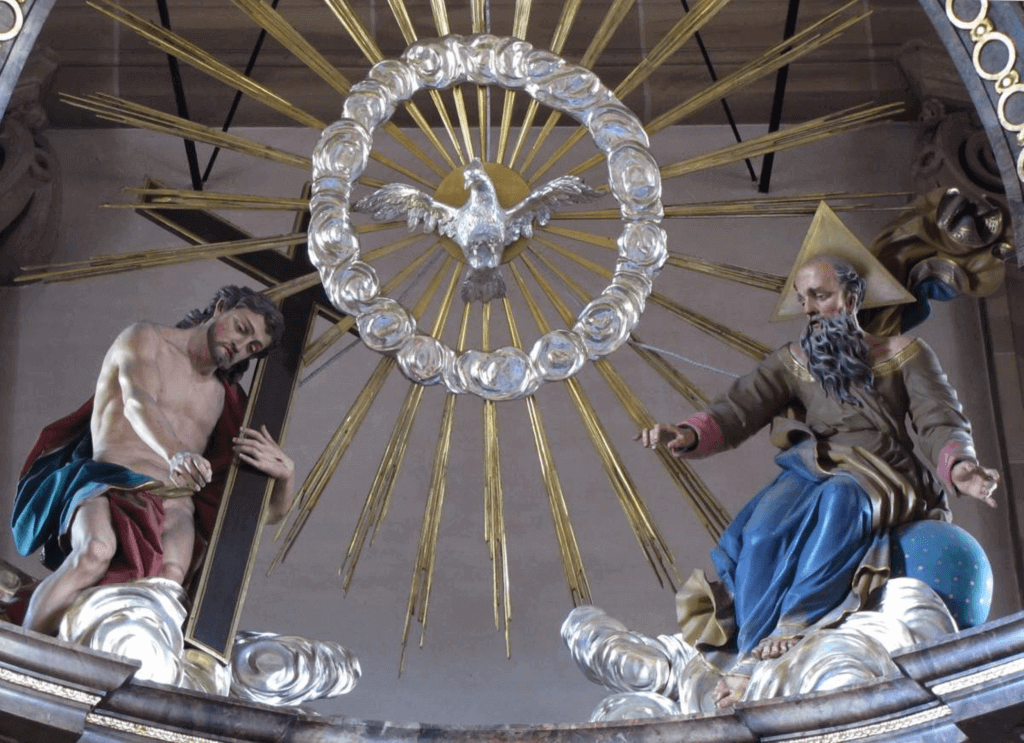Religious Freedom Day
Religious Freedom Day is observed next on Saturday, January 16th, 2027 (325 days from today).

The President of the United States of America declares January 16 of each year as National Religious Freedom Day. The goal of this compliance is to protect and promote the rights to religious expression.
Religious Freedom Day History
Since 1993, the President of the United States has proclaimed January 16 as National Religious Freedom Day, commemorating the adoption of Thomas Jefferson's landmark Virginia Statute on Religious Freedom on January 16, 1786.
The Universal Declaration of Human Rights expresses very clearly the idea of Religious Freedom in article 18, which states that “everyone has the right to freedom of thought, conscience and religion; This right includes freedom to change one's religion or belief, and freedom, alone or in community with others and in public or private, to express one's religion or belief in teaching, practicing, worshiping, and obeying.”
The policy of the United States is that 'Everyone has the right to freedom of thought, conscience and religion' (Article 18 of the Universal Declaration of Human Rights). To promote this policy, the United States marks October 27 each year as International Religious Freedom Day (IRF).
Why religious freedom matters to Americans
According to the Pew Research Center, religion is very important to Americans: 76% belong to a religious group, and there are about 3,000 religious groups in the United States.
The central place of religion in American life and the diversity of religions practiced is testament to the value of religious freedom. The idea that people can follow their conscience in the way they worship has been part of the American identity since the beginning.
Non-transferable rights
James Madison is known as the "Father of the Constitution" in part because he wrote early on the rights of the people of Virginia, in which he argued that "one's religion must be left to one's faith and conscience." because these things can dictate and this right is essentially an inalienable right”.
The US Constitution explicitly mentions the right to the freedom of religious. The First Amendment of the Constitution states that Congress shall not enact any law respecting the establishment of religion, or prohibiting the free exercise of religion. These words, known as the Articles of Incorporation, are the basis of the ongoing debate in the United States. They asked the court to strike a balance between disapproving of a particular religion and not prohibiting people from freely expressing their religion. Courts have ruled against openly displaying religion on public land, but they have also ruled in favor of using public funds to support religious clubs at universities public.
“From the very beginning,” said President Trump, “America has been a place that cherishes freedom of worship. That is the promise the first settlers saw in our vast continent - and it is the promise that our bravest warriors have protected all our citizens for many years”.
How to celebrate Religious Freedom Day
While recognizing the anniversaries of the United States, let's take a broader view. Study more about religious freedom around the world.
- Watch First Freedom on PBS.
- Learn about other world religions.
- Practice your own faith.
- Participate in a related event like the one mentioned on Share America.
- Use hashtag #ReligiousFreedomDay to share on social media to spread and encourage people in the world to take part in Religious Freedom Day celebration.
Observed
Religious Freedom Day has been observed annually on January 16th.Dates
Thursday, January 16th, 2025
Friday, January 16th, 2026
Saturday, January 16th, 2027
Sunday, January 16th, 2028
Tuesday, January 16th, 2029
Founded by
President George H. W. Bush on December 9th, 1992


